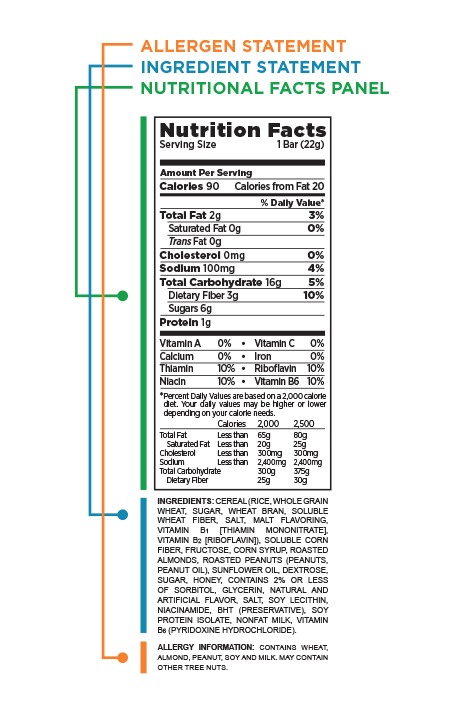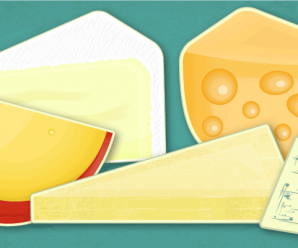 We’ve all seen warnings on food packages: “May contain peanuts” or “Processed in a facility that manufactures foods with peanuts.”
We’ve all seen warnings on food packages: “May contain peanuts” or “Processed in a facility that manufactures foods with peanuts.”
If your kids have a peanut allergy, these food label warnings may cause a scare for parents.
That’s because peanuts, which are legumes, can produce the most severe allergic reactions of all foods, according to Dr. Farhat Kokan, a Marshfield Clinic pediatric allergist. Cashews, a tree nut, also can cause a reaction similar to peanuts.
Don’t ignore allergy labels
With some simple planning, you can keep that peanut allergy at bay so your only worries are zombies in the closet and goblins in the attic.
The most important rule: If you’re allergic to peanuts, avoid ALL foods with these labels. Nope, not one bite.
“We usually advise avoiding all foods with any of these warnings for peanuts, because two-hundredth of a nut can cause a reaction,” Kokan said. “It depends on the severity of the allergy. Among foods, peanuts cause the most deaths.”
Understand peanut labels
Labels were introduced in 2004 as part of the Food Allergen Labeling and Consumer Protection Act of 2004 which requires all packaged food to clearly state if it possibly contains one of the eight most common food allergens – milk, egg, fish, crustacean shellfish, tree nuts, wheat, peanut and soy.
But labels can be confusing for a parent. One warning may sound like peanuts are present. Another warning hints that peanuts simply are in the same building where food is made. Also, the amount of peanut possibly present in each food isn’t tracked by manufacturers.
“There’s no difference between what they say, but companies are given a choice in how they let consumers know food allergens may be present,” Kokan said. “Again, that’s one reason we say ‘stay away from all foods with peanuts listed.’” What to watch for when reading nutrition labels
Kokan said labels have helped since their introduction 10 years ago, especially for peanuts, milk, soy and eggs. Doctors no longer have to provide a long checklist of complex ingredient names that inadvertently cloaked the presence of common ingredients.
When peanut reactions occur
When Kokan sees patients who had allergic reactions to peanuts, often it’s because they ate food at a restaurant, party or other setting where they couldn’t clearly check food labels or it was possible for allergens to mix with their food.
“For that reason, it’s best to avoid homemade treats or any candy not in an unopened package on Halloween,” Kokan said. “If you suspect your child is having an allergic reaction, especially if she’s having trouble breathing, seek medical attention immediately. If you have a prescribed EpiPen use it first and then call 911.”






Leave a Reply